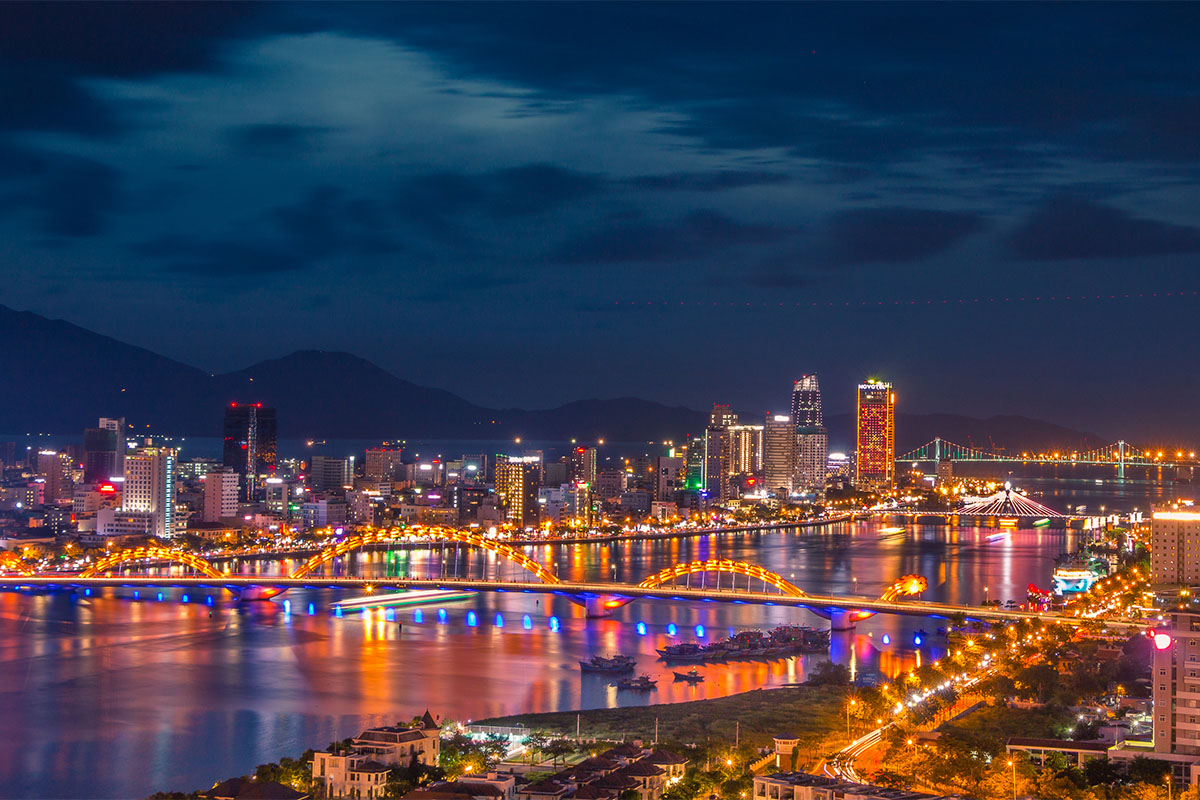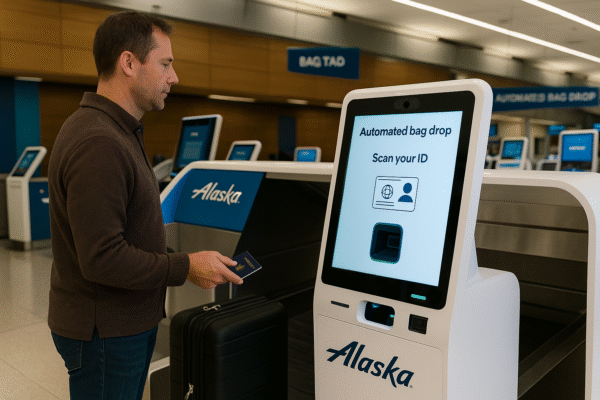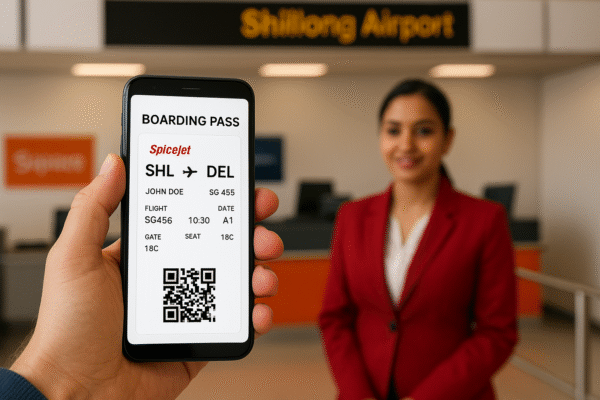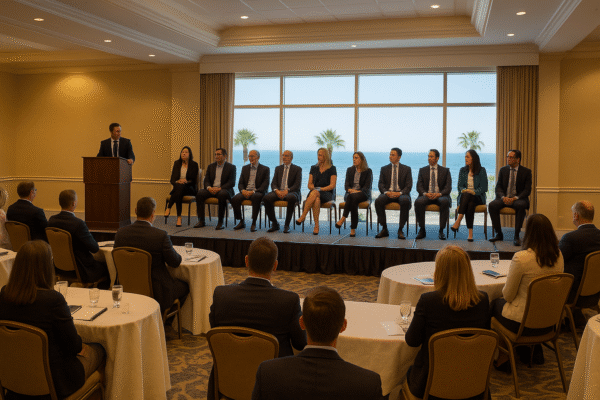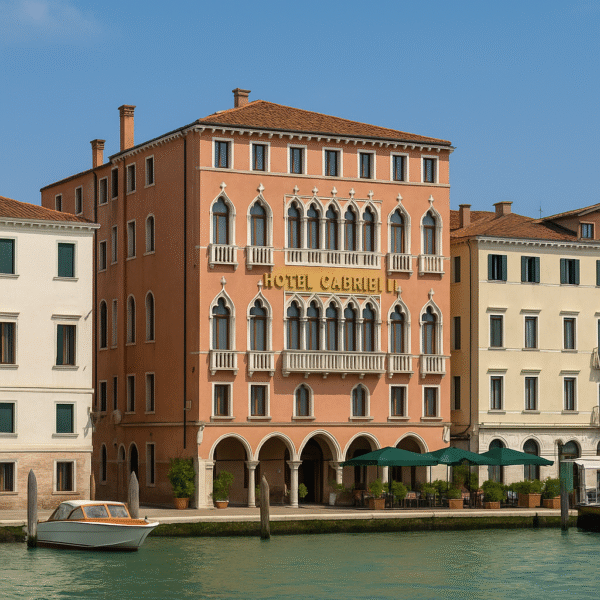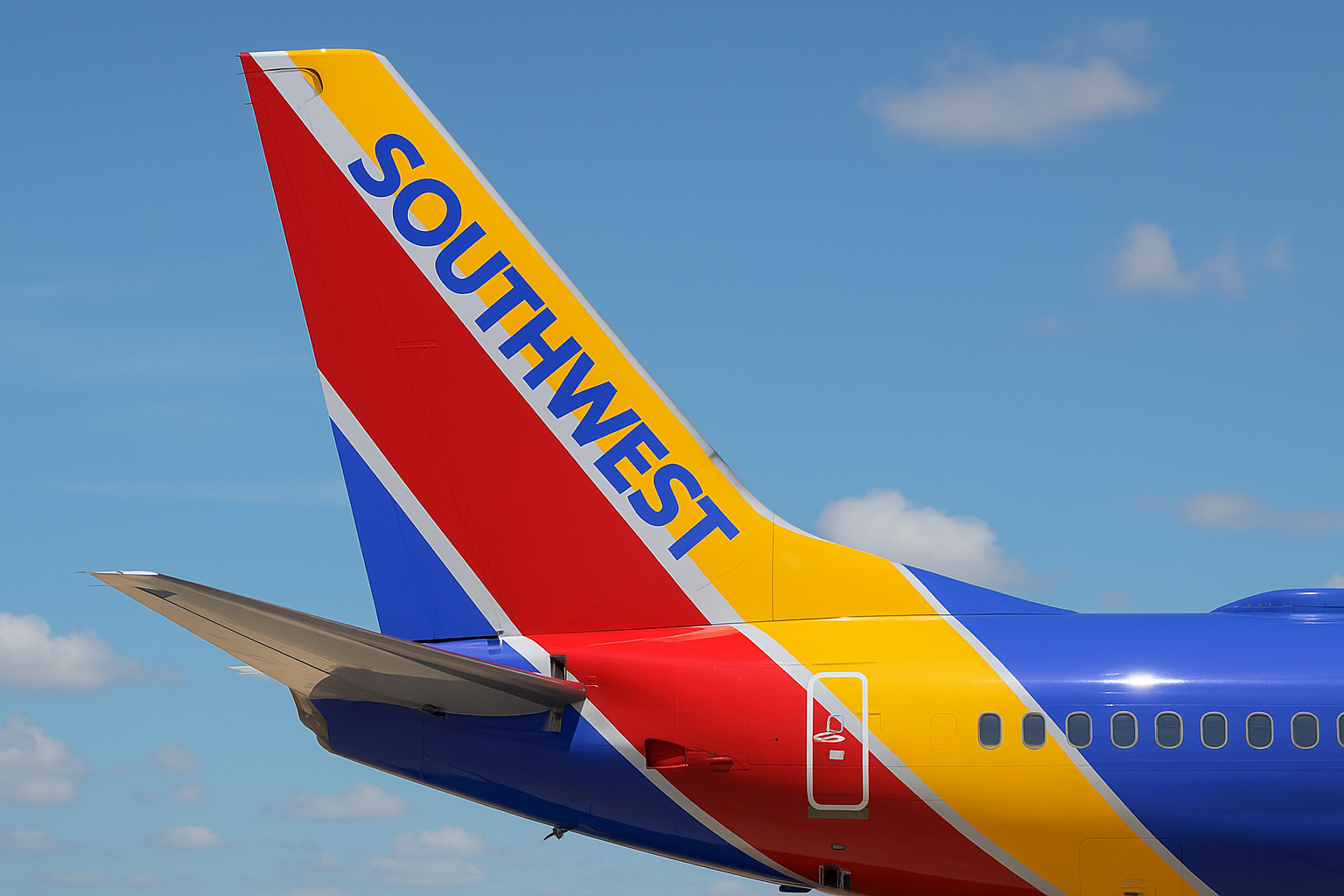Southwest Airlines, the Dallas-based low-cost carrier long known for its unique “Bags Fly Free” slogan, has officially joined its legacy competitors—American Airlines, Delta Air Lines, and United Airlines—in charging for checked luggage. Effective for bookings made or voluntarily changed on or after May 28, 2025, most Southwest passengers will now face baggage fees starting at $35 for the first checked bag and $45 for the second.
This pivotal shift marks a dramatic departure from one of the airline’s most consumer-friendly policies and underscores the growing financial pressures reshaping the U.S. aviation landscape. The updated fee structure is part of a broader strategic overhaul aimed at revenue diversification, improved cost recovery, and alignment with long-standing industry practices.
From “Bags Fly Free” to Paid Perks
For decades, Southwest Airlines differentiated itself by offering two free checked bags on every ticket—an advantage prominently featured in its marketing and favored by families, leisure travelers, and price-conscious passengers. That policy has now been significantly scaled back as the airline confronts increasing fuel costs, labor expenses, and necessary investments in technology and fleet modernization.
Southwest’s executive leadership stated that the revised baggage policy will bring the airline’s structure more in line with market norms, allowing them to remain competitive in a high-cost, low-margin industry while continuing to invest in digital enhancements and fleet upgrades.
Who Still Flies With Free Bags?
Despite the sweeping changes, some customers will retain access to free baggage privileges. Under the new system:
- Business Select passengers will continue to receive two free checked bags.
- Rapid Rewards A-List Preferred members also maintain the two-bag benefit.
- Standard A-List loyalty members and Southwest co-branded credit card holders will receive one free checked bag.
This tiered baggage model mirrors systems used by American, Delta, and United, all of which exempt certain passengers from standard fees based on fare class or elite status.
Why Now? The Financial Imperatives Behind the Shift
The timing of the policy change coincides with mounting operational challenges across the industry. Southwest’s CEO Bob Jordan cited several key factors influencing the decision, including:
- Rising jet fuel prices
- Surging labor costs
- Post-pandemic shifts in travel patterns, with slower recovery in business travel
- Increased competition from ultra-low-cost carriers (ULCCs) like Spirit and Frontier
- Consumer expectations for enhanced digital platforms and travel flexibility
Southwest anticipates that the new baggage fee structure could generate hundreds of millions in additional revenue annually. That income, the airline says, will be used to support aircraft upgrades, enhance customer-facing technology, and accelerate the transition to more fuel-efficient, sustainable aircraft models.
Customer Reactions: Mixed Feelings Across the Board
Reaction among the flying public has been mixed. While frequent fliers and elite members see minimal disruption, occasional travelers, families, and vacationers—a key segment for Southwest—have expressed disappointment. For many, the airline’s “no hidden fees” reputation was a major factor in brand loyalty.
“I always chose Southwest over others because I didn’t have to stress about extra baggage costs when flying with kids,” said a traveler from Chicago’s Midway Airport. “Now, it’s just like the rest.”
However, some industry analysts believe the airline’s clear, upfront pricing model will continue to set it apart, particularly as it still offers no change or cancellation fees, a policy most competitors no longer match without extra charges.
Aligning With Industry Norms
Southwest’s move effectively closes the gap between itself and the three largest U.S. airlines, which have long relied on ancillary revenues such as baggage fees, seat selection charges, and early boarding upgrades to boost profitability. For instance:
- American, United, and Delta typically charge $35–$40 for a first checked bag and $45–$50 for a second, with additional exemptions for premium passengers.
- In 2023 alone, U.S. airlines collected over $7.1 billion in baggage fees, according to the U.S. Department of Transportation.
This policy alignment could also simplify pricing expectations across the domestic travel market, allowing consumers to better compare base fares and total trip costs.
What Else Might Change at Southwest?
The introduction of checked bag fees is only one part of a broader strategic reset for the airline. Insiders suggest that Southwest may soon make further changes, including:
- Phasing out its open seating model in favor of assigned seating
- Introducing new fare classes with varied perks and conditions
- Enhancing digital booking and check-in capabilities
- Exploring loyalty program enhancements to retain frequent fliers
Southwest has already signaled that future investments will be focused on modernizing its fleet, upgrading customer service technology, and improving overall operational resilience amid ongoing industry volatility.
Looking Ahead
Southwest Airlines’ decision to eliminate free checked bags for most travelers may mark the end of a consumer-friendly era, but it also reflects the airline’s need to adapt to modern financial realities. As legacy airlines and low-cost carriers increasingly rely on fee-based revenue models, Southwest’s strategic pivot ensures its continued relevance in an evolving marketplace.
Though the new fees may sting for some, they also pave the way for greater investment in sustainability, customer service, and operational innovation—essentials for the carrier’s long-term survival and success in a fiercely competitive industry.
For more travel news like this, keep reading Global Travel Wire

